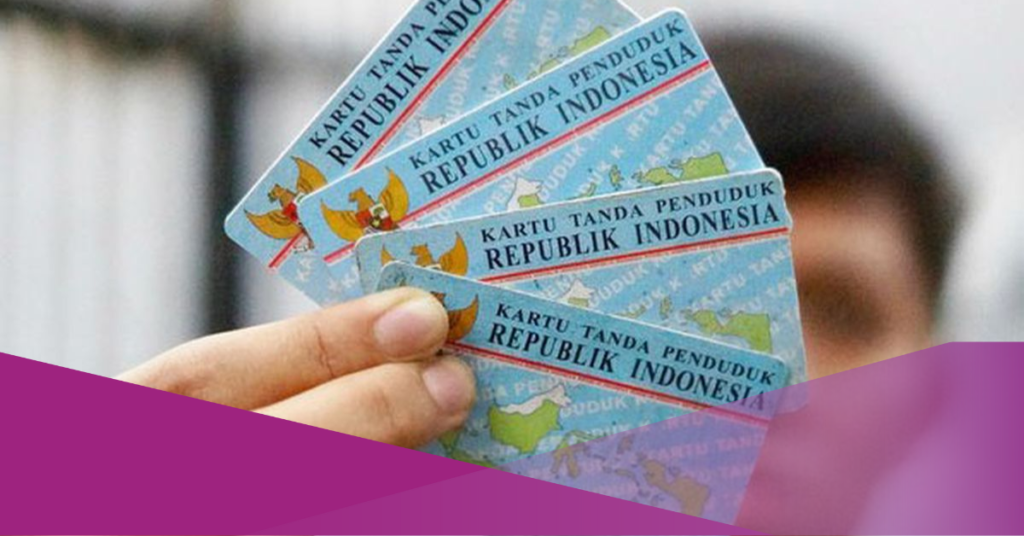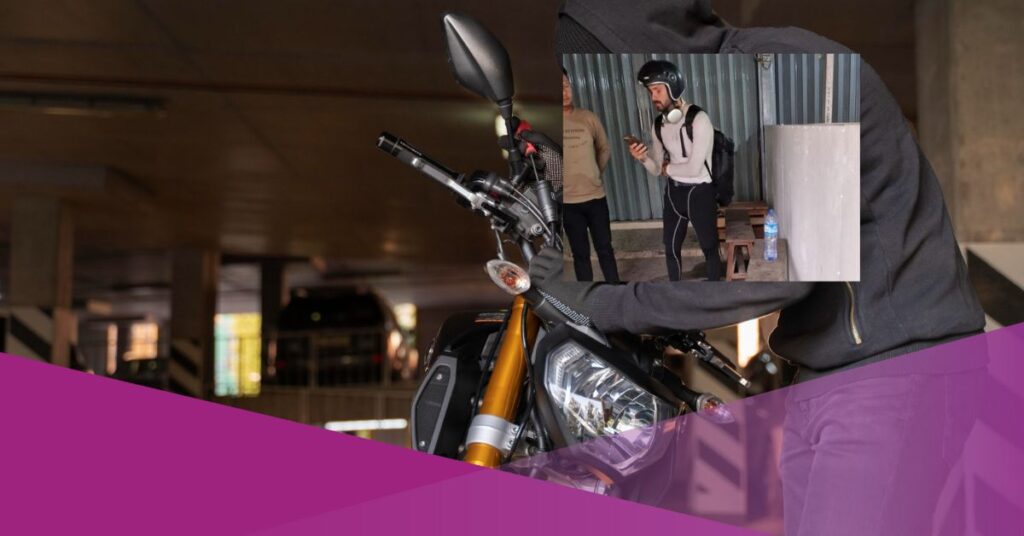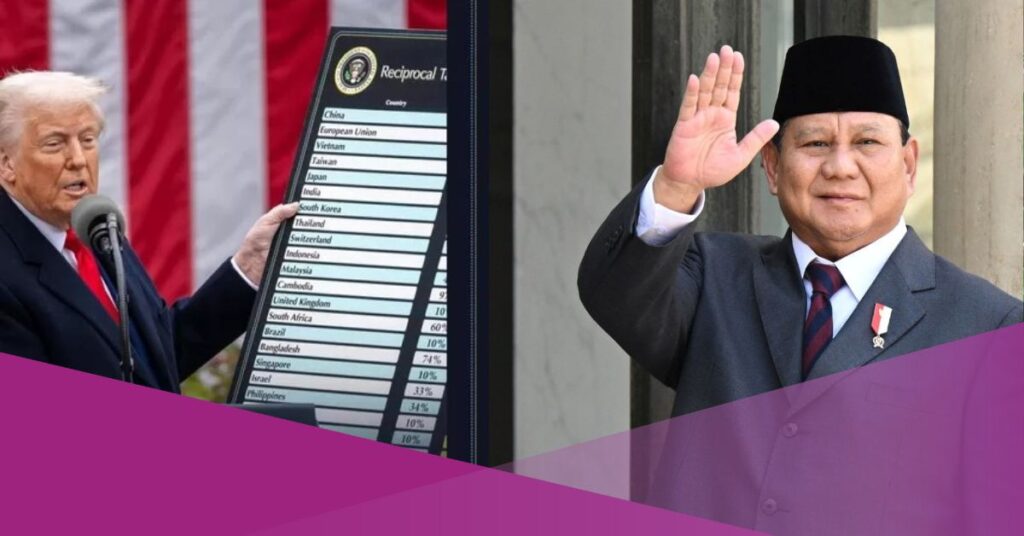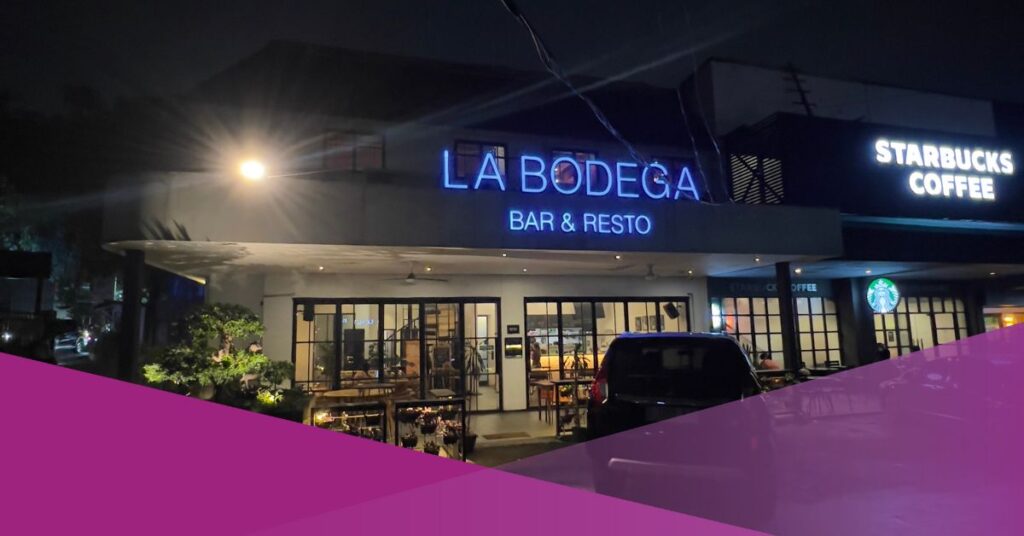In March 2024, the Jakarta government will initiate the temporary deactivation of 194,000 residents with Jakarta ID cards who do not reside in Jakarta. This measure, conducted by the Population and Civil Registry Service (Dukcapil), aims to streamline administrative procedures by aligning population documents with actual residency.
According to Budi Awaluddin, the head of the Jakarta Civil Registry Service, the activation process is expected to be swift, ensuring efficient and accurate documentation of the population.
“When residents relocate and update their domicile information, their deactivated status will be reactivated. This deactivation is not permanent like in the case of deceased residents,” he clarified.
According to Jakarta Government data, since 2019, over 194,777 residents originally from Jakarta no longer reside in the city. Below is a breakdown of this data based on the latest records from the civil registry:
- Residents residing outside Jakarta: 11,812
- Residents with duplicate data: 3
- Deceased Jakarta residents: 81
- Residents removed from their Neighborhood Association (RT): 44
- Residents who relocated: 8,419
- Residents with unspecified status: 29,676
- Residents with unknown whereabouts: 106,275
- Residents not located: 37
To check if your ID Card is still active or not, follow these steps:
- Go to the website https://datawarga-dukcapil.jakarta.go.id
- Select the “Citizen Freezing Check” menu.
- Enter your NIK number in the designated column.
- Input the captcha code provided.
- Click on “Search Freeze Data”
If your NIK (ID Number) is not included in the list for deactivation, the display will show “NIK (ID Number)**** on behalf of **** registered in the Arrangement and Control of Population Documents According to Domicile.”
However, if your NIK (ID Number) is included in the list for deactivation, the display will show “NIK (ID Number) is not registered in the Arrangement and Control of Population Documents According to Domicile.”
If the displayed results are not as expected, promptly contact the village head office based on your identity address. Bring supporting evidence such as your ID Card, birth certificate, marriage certificate, and a letter from your local RT/RW.

































